“Southern Methodist Women and Social Justice: Interracial Activism in the Long Twentieth Century” features the stories of nine important Methodist women. They are:
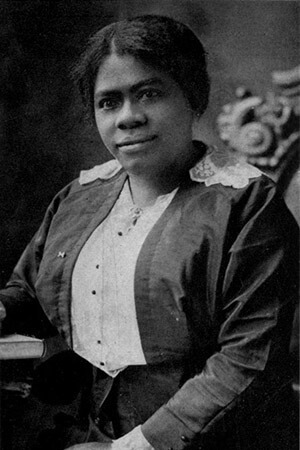
Mary Jane McLeod Bethune
Mary Jane McLeod Bethune (1875–1955) was sometimes called “the first lady of the Negro race.” She founded the Daytona Beach Literary and Industrial School for Training Negro Girls in 1904. It evolved into Bethune-Cookman College after merging with an all-male school. Bethune was a friend of first lady Eleanor Roosevelt. President Franklin Roosevelt appointed her as director of Negro affairs of the National Youth Administration, which oversaw the training of thousands of Black youth and made her the highest-ranking Black woman in government at the time.
Photo from “Women of achievement,” the Woman's American Baptist Home Mission Society, Chicago, Wikimedia Commons.
Bertha Payne Newell
Bertha Payne Newell (1867–1953), was a racial justice, labor rights and peace activist. She served as secretary of the Association of Southern Women for the Prevention of Lynching. She also was an expert on the education of young children, especially kindergarten age. She opposed child labor and served on the editorial board of the journal “The Elementary School Teacher.”
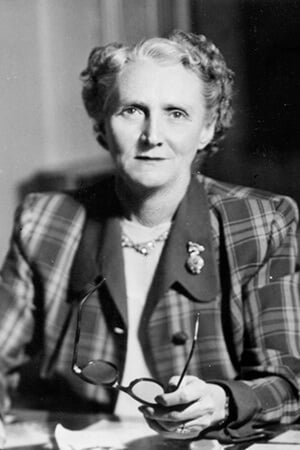
Thelma Stevens
Thelma Stevens (1902–1990), worked for racial justice, international peace and women’s rights while serving as secretary for Christian Social Relations at the Woman’s Division of the Board of Missions. Her work as a civil rights and feminist advocate in the 1960s made her a social action heroine to young Methodists. She was director of the Bethlehem Center in Augusta, Georgia, from 1910 to 1939. It was the first of a network of African American community centers established by the Woman’s Missionary Commission.
Photo courtesy of Archives and History.
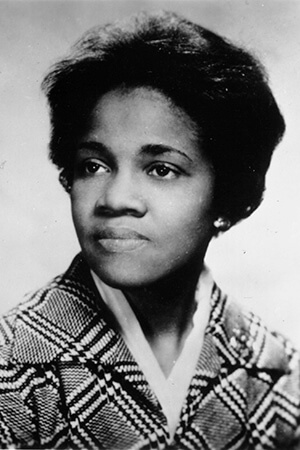
Theressa Hoover
Theressa Hoover (1925–2013), led the Women’s Division of the United Methodist Board of Global Ministries, the corporate body of United Methodist Women, from 1968 to 1990. That achievement made her the first African American woman to become a top staff executive for the denomination. She was a mentor to many young women, promoted the leadership of laywomen and engineered a secure future for the women’s organization of the denomination during a period of tumultuous change.
Photo courtesy on Archives and History.
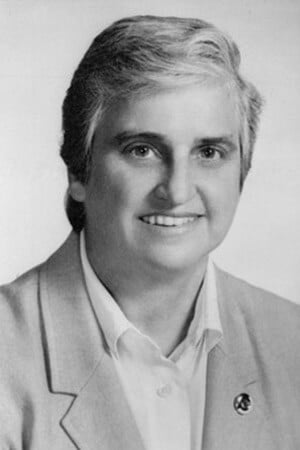
Peggy Marie Billings
Peggy Marie Billings (1928–2019), advocated for human rights, civil rights and gender equality in the 1960s, heading social justice work for the Christian Social Relations Section of the Women’s Division of the General Board of Global Ministries until 1984. Her tenure spanned the Vietnam War, the modern women’s rights movement and the unsuccessful fight to pass the Equal Rights Amendment. She worked to develop female leaders for the church, participated in the peace movement and promoting nuclear disarmament, the anti-apartheid struggles of South Africa and racial and economic justice.
Photo courtesy of the United Methodist Board of Global Ministries.
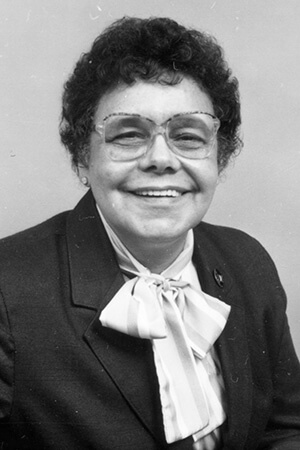
Bishop Leontine T. C. Kelly
Bishop Leontine T. C. Kelly (1920–2012), became the first African American woman to be elected bishop in any major Christian denomination in 1984. She was also the second woman bishop in The United Methodist Church. She was a founding member of Africa University, the pan-African United Methodist university. The daughter of a Methodist minister, she was a teacher and a lay speaker drafted to take over a church in West Virginia after her husband, James David Kelly, died. She advocated for women and minorities in the church.
Photo courtesy of the United Methodist Commission of Archives and History.
The Rev. Helen Gray Crotwell
The Rev. Helen Gray Crotwell (1925–2006), was the first woman appointed as a United Methodist district superintendent in North Carolina and was former chairperson of the United Methodist Commission on the Status and Role of Women. Crotwell was a champion of gender equity, women and theology, counseling and social justice. She pastored several North Carolina churches and worked in campus ministry at Winthrop College and Duke University. She also served on the United Methodist Hymnal Committee.
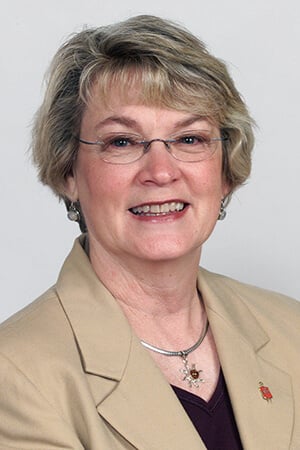
Bishop Charlene Kammerer
Bishop Charlene Kammerer (1948– ), was the first female bishop in the Southeastern Jurisdiction. She served as bishop in the Western North Carolina Conference from 1996 to 2004 and then the Virginia Conference until her retirement in 2012. She worked to make pursuing leadership in The United Methodist Church easier for women, and served in parish ministries as well as a campus minister at Duke University. Her long-time interests in ministry include higher education, mission involvement and the spirituality of administration.
Photo by Mike DuBose, UM News.
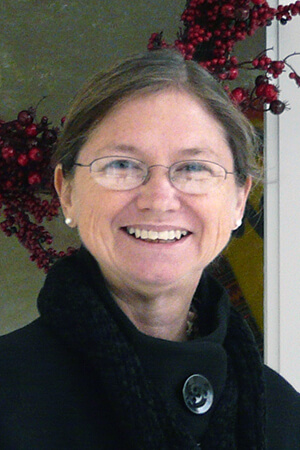
The Rev. Carol Burnett
The Rev. Carol Burnett (1956– ), was one of the first women to be ordained in Mississippi. She is founder and executive director of the Mississippi Low-Income Child Care Initiative. She is also executive director of Moore Community House, a nonprofit providing affordable child care and job training in nontraditional occupations for low-income single mothers in Biloxi, Mississippi. Burnett has also served in state government as federal child care administrator at the Department of Human Services.
Photo courtesy of Union Theological Seminary New York City.
Return to main story: Giving Methodist women their due
A new book, “Southern Methodist Women and Social Justice: Interracial Activism in the Long Twentieth Century,” brings Southern Methodist women and their social justice work to the forefront.




